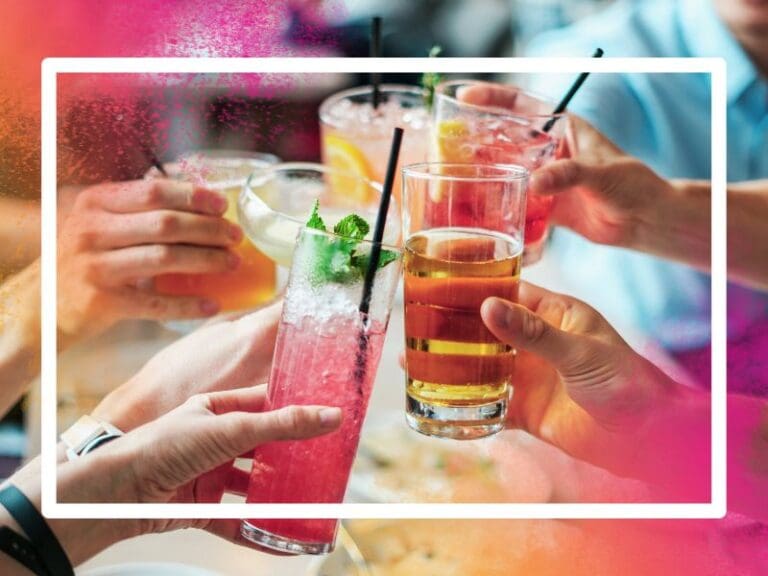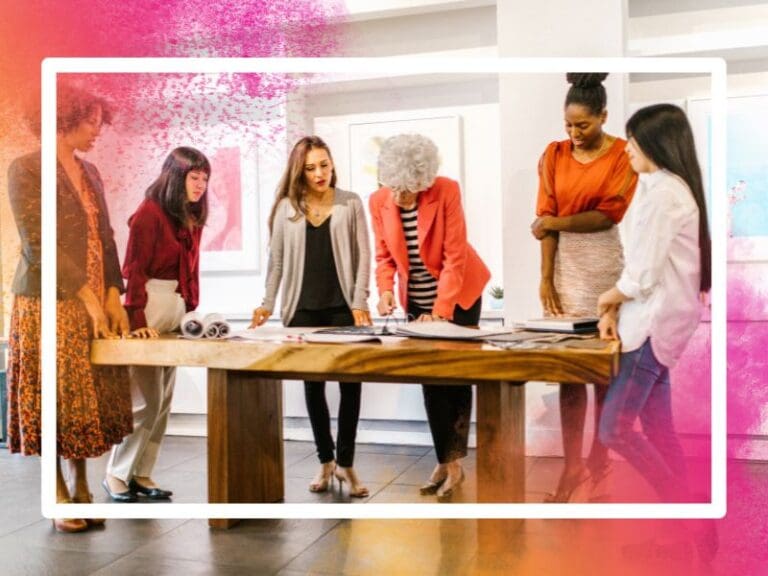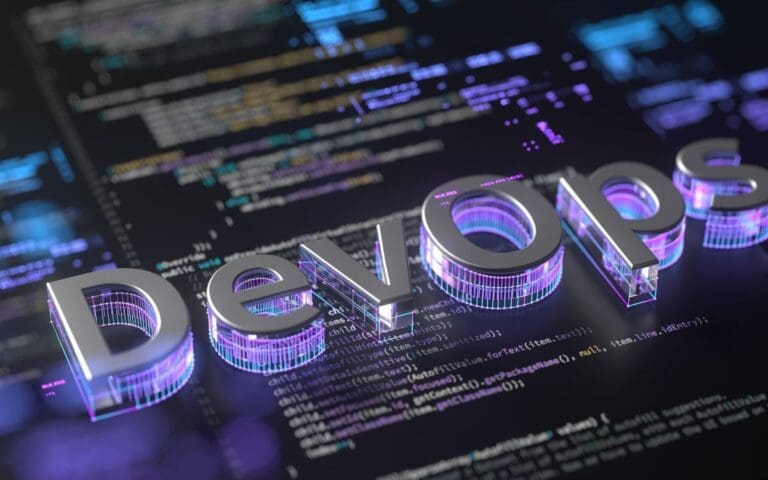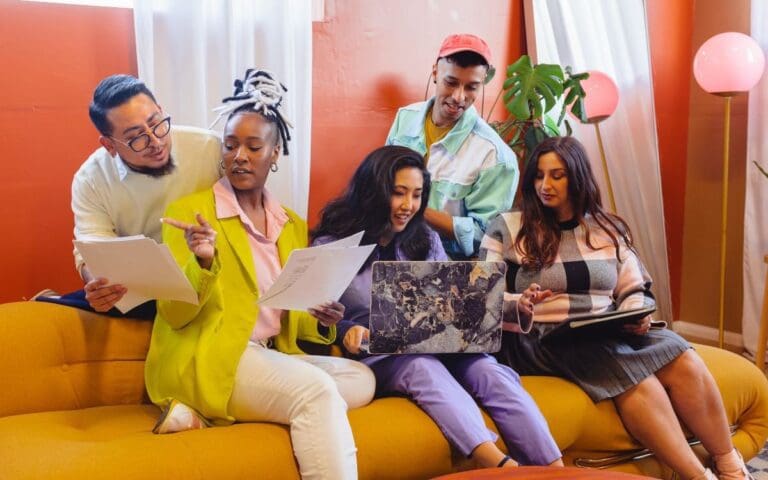Sandra Parker is an award-winning sober coach and founder of Just the Tonic coaching.
After a successful corporate career of over 20 years, Sandra tackled her relationship with alcohol in 2018 and left the corporate world to work as a sober coach, supporting hundreds of professionals with their relationship with alcohol.
 The recent Sky News survey revealing that 64% of UK workers drink for work-related reasons exposes what many in corporate environments already know: alcohol isn’t just part of professional culture – it’s often considered essential.
The recent Sky News survey revealing that 64% of UK workers drink for work-related reasons exposes what many in corporate environments already know: alcohol isn’t just part of professional culture – it’s often considered essential.
One in five workers use alcohol to cope with stress from tight deadlines, while nearly 10% feel pressured by bosses or colleagues to drink. For tech professionals, this creates particular challenges when choosing to be alcohol-free, given the industry’s startup culture that glorifies “work hard, play hard,” plus frequent travel to conferences and team offsites where drinking is the default social activity.
Having spent over two decades in investment banking and the oil industry I lived this culture daily. Alcohol wasn’t optional – it was expected for team building, stress relief, and career progression. What masqueraded as networking was often dependency disguised as professionalism.
Why Alcohol Dominates Corporate Culture
Tech has inherited finance and consulting’s alcohol-centric culture. Networking events happen in bars, alcohol is front and centre of client entertainment and after-work drinks become the space where real decisions are made. This serves multiple professional functions: proving you’re “part of the team,” sealing deals informally, and managing stress.
In high-pressure tech environments with tight deadlines and constant innovation demands, that evening drink transforms from social ritual to coping mechanism. Work-related drinking costs England’s economy £4bn annually in employee absence, a sign of how widespread this problem has become.
Navigating Corporate Events Alcohol-Free
Arrive early when conversations are sharper – the most valuable networking happens in the first hour before alcohol impacts conversations. Always have a drink in hand – sparkling water, alcohol-free beer, or a mocktail. This stops people offering you alcohol and avoids having to explain your choice. Research venues beforehand for non-alcoholic options; many establishments offer alcohol-free cocktails that look identical to alcoholic counterparts. It’s your choice whether to share your alcohol-free status – often, nobody notices what’s in your glass.
Discussing Your Alcohol-Free Choice
Be straightforward. Instead of “I don’t drink anymore,” try “I’m not drinking at the moment” or “I’m on a health kick and taking a break from alcohol.” Simple responses that don’t invite lengthy discussions.
When colleagues push back, keep it brief: “I realised I felt better without it.” No need for elaborate justifications.
Companies are waking up to the fact that boozy work events exclude employees who don’t drink—whether by choice, for religious reasons, or health issues—while creating legal risks around harassment and accidents involving intoxicated employees. Your alcohol-free choice puts you on the right side of this shift toward genuinely inclusive workplaces.
The Professional Advantages
Being alcohol-free offers distinct advantages. You’ll remember every conversation, business card exchange, and potential opportunity. Colleagues will trust you to be sharp and reliable when it matters most.
The personal benefits are substantial – you’ll save money on your own drinking, sleep better, and avoid hangovers that kill productivity. As workplace culture evolves, being alcohol-free positions you ahead of the trend rather than outside it.
Moving Forward
Navigating tech corporate life alcohol-free isn’t about missing out – it’s about showing up fully, building genuine connections, and demonstrating that professional success doesn’t require liquid courage.








